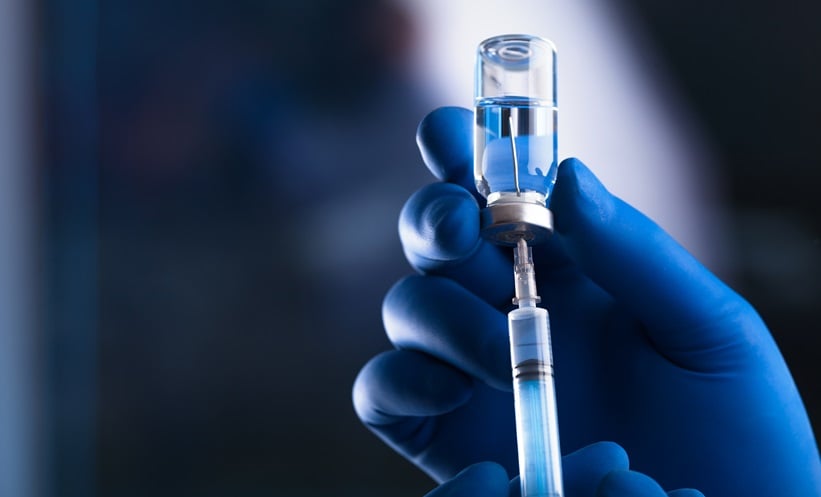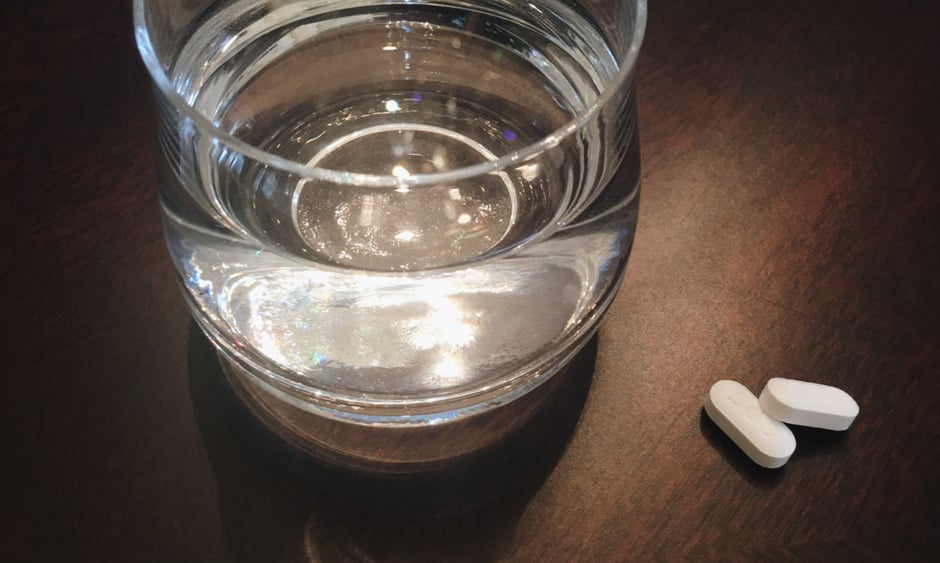NONRESPONSE to the hepatitis B vaccine remains a significant concern among people living with HIV (PLWH), leaving them particularly vulnerable to infection with the hepatitis B virus (HBV). Effective vaccination strategies are essential to improving seroprotection rates and preventing HBV-related complications in this high-risk group. The aim of this study was to compare the seroprotection outcomes of a 2-dose hepatitis B vaccine regimen using a cytosine phosphoguanine adjuvant (HepB-CpG) with a conventional 3-dose regimen using aluminum hydroxide (HepB-alum) in PLWH who had previously failed to respond to the HepB-alum vaccine.
This phase 3, open-label, randomised clinical trial included 561 adults from 41 sites across 10 countries in Africa, Asia, North America, and South America. Participants were people with HIV on antiretroviral therapy, with a CD4 cell count ≥100 cells/μL and an HIV RNA count <1000 copies/mL. They had no history of HBV infection or response to the previous hepatitis B vaccine. The trial ran from December 2020–February 2023, with follow-up continuing until September 4, 2023.
Participants were randomly assigned to receive either two doses of the HepB-CpG vaccine administered at weeks 0 and 4, three doses of the HepB-CpG vaccine at weeks 0, 4, and 24, or three doses of the HepB-alum vaccine at weeks 0, 4, and 24. The primary outcome measure was seroprotection, defined as an HBsAg antibody titer ≥10 mIU/mL, assessed at week 12 for the 2-dose HepB-CpG regimen and week 28 for the 3-dose regimens.
Results showed that the seroprotection rates were significantly higher in the HepB-CpG groups compared to the HepB-alum group. Around 93.1% of participants receiving the 2-dose HepB-CpG vaccine achieved seroprotection, and 99.4% of those receiving the 3-dose HepB-CpG regimen did so. In contrast, only 80.6% of participants in the 3-dose HepB-alum group achieved seroprotection. These differences demonstrate the noninferiority and, in some cases, the superiority of the HepB-CpG regimens.
By week 12, over 90% of participants who received the HepB-CpG vaccines achieved seroprotection, and the 3-dose HepB-CpG regimen resulted in a higher proportion of participants with antibody titers ≥1000 mIU/mL compared to the other groups. No unexpected safety concerns were identified, further supporting the safety and effectiveness of the HepB-CpG regimens.
This study highlights that both the 2-dose and 3-dose HepB-CpG regimens provide better seroprotection compared to the 3-dose HepB-alum regimen in people with HIV who previously did not respond. These findings suggest that HepB-CpG regimens have the potential to improve HBV vaccination outcomes in this vulnerable population, contributing to more effective prevention strategies.
Reference
Marks KM et al. HepB-CpG vs HepB-Alum vaccine in people with HIV and prior vaccine nonresponse: the BEe-HIVe randomized clinical trial. JAMA. 2024;DOI:10.1001/jama.2024.24490.






